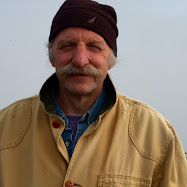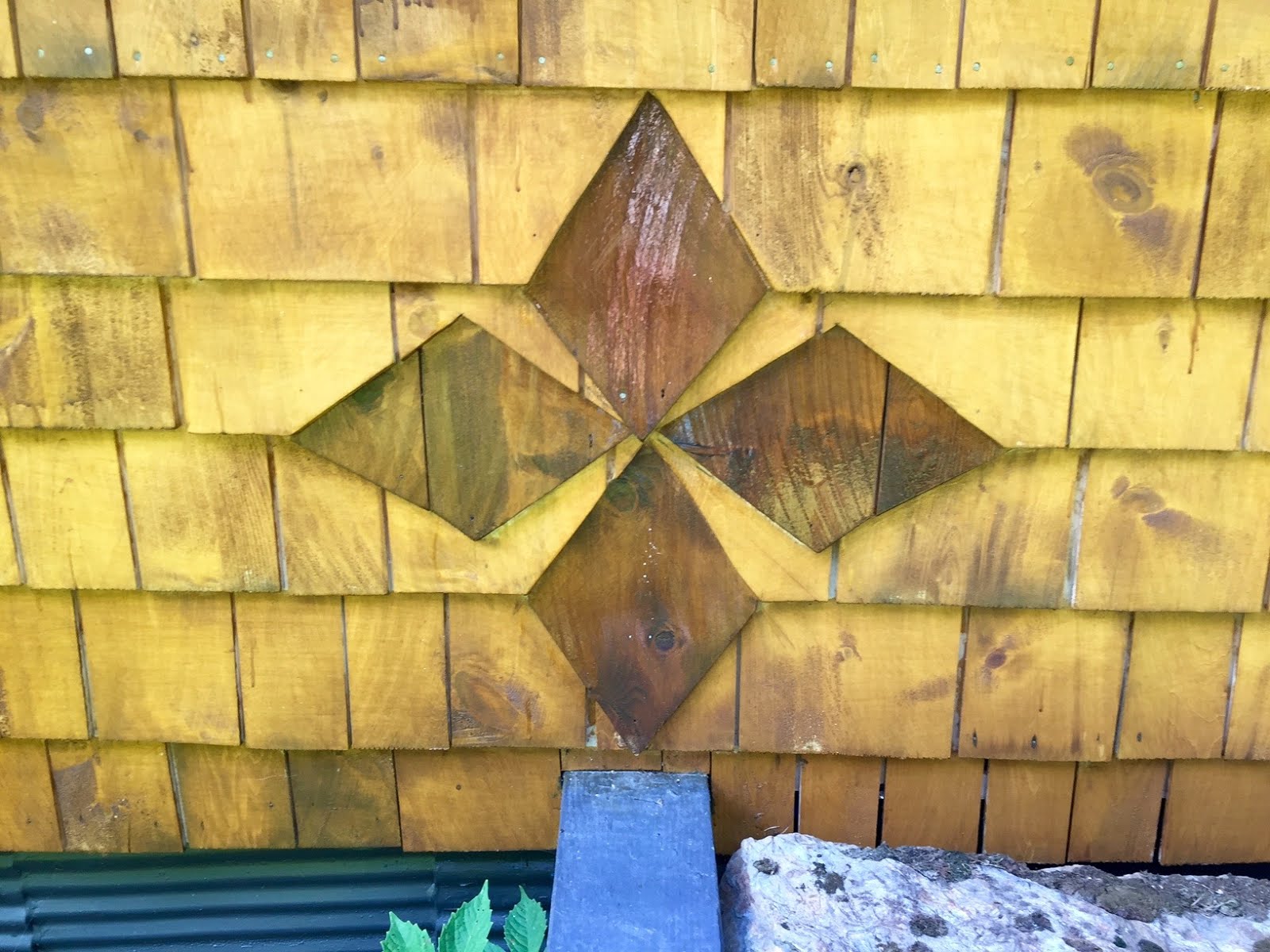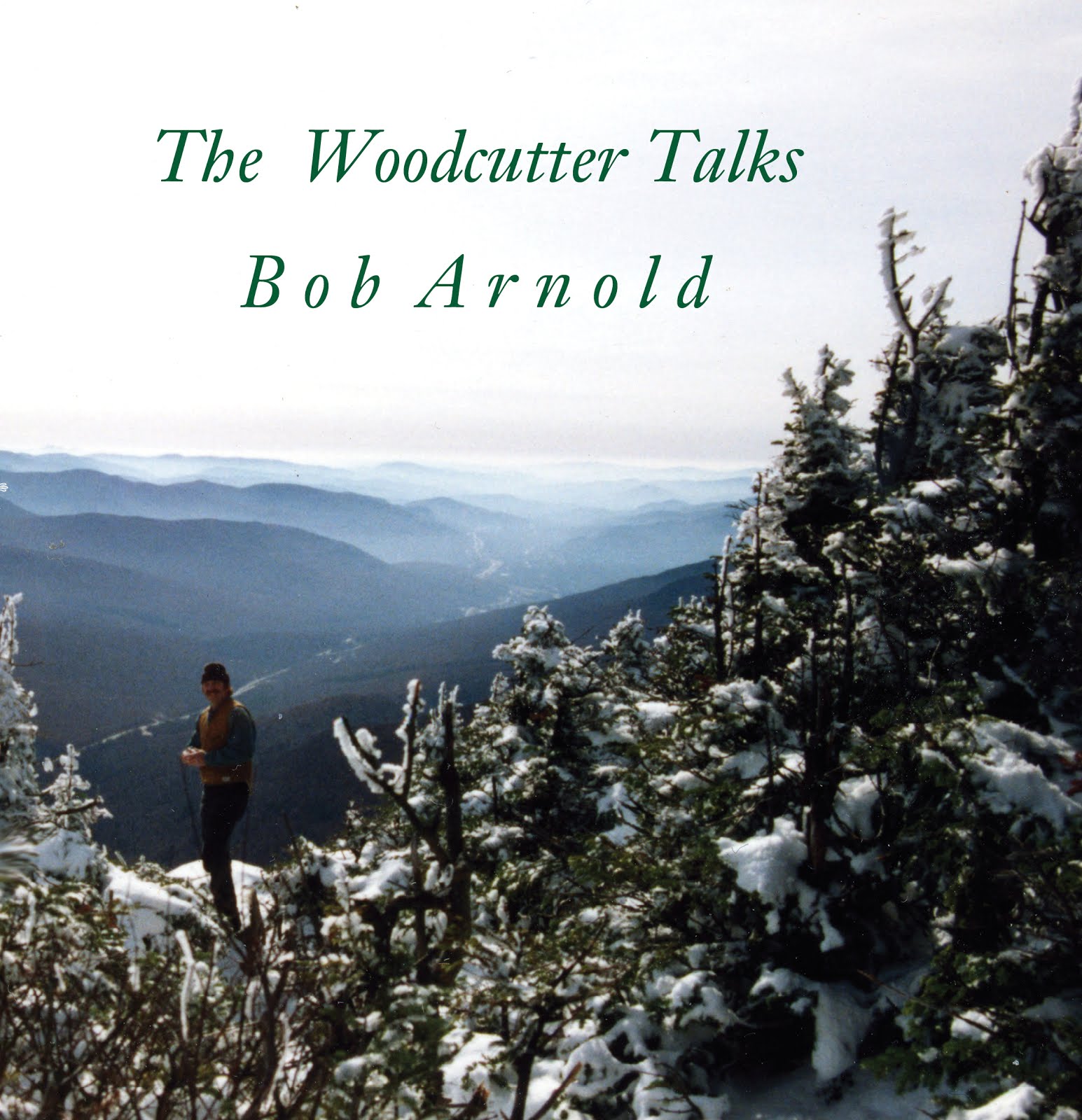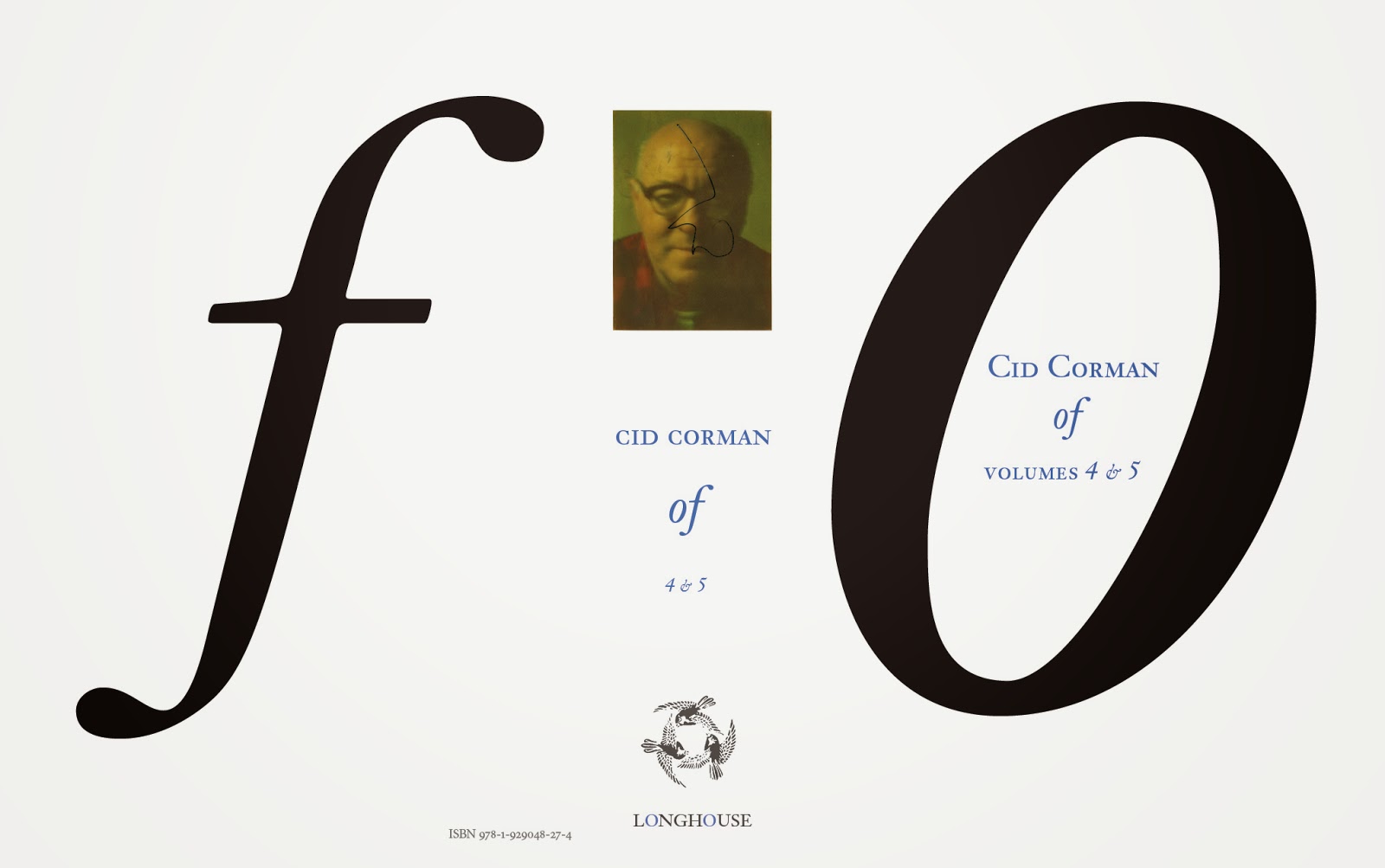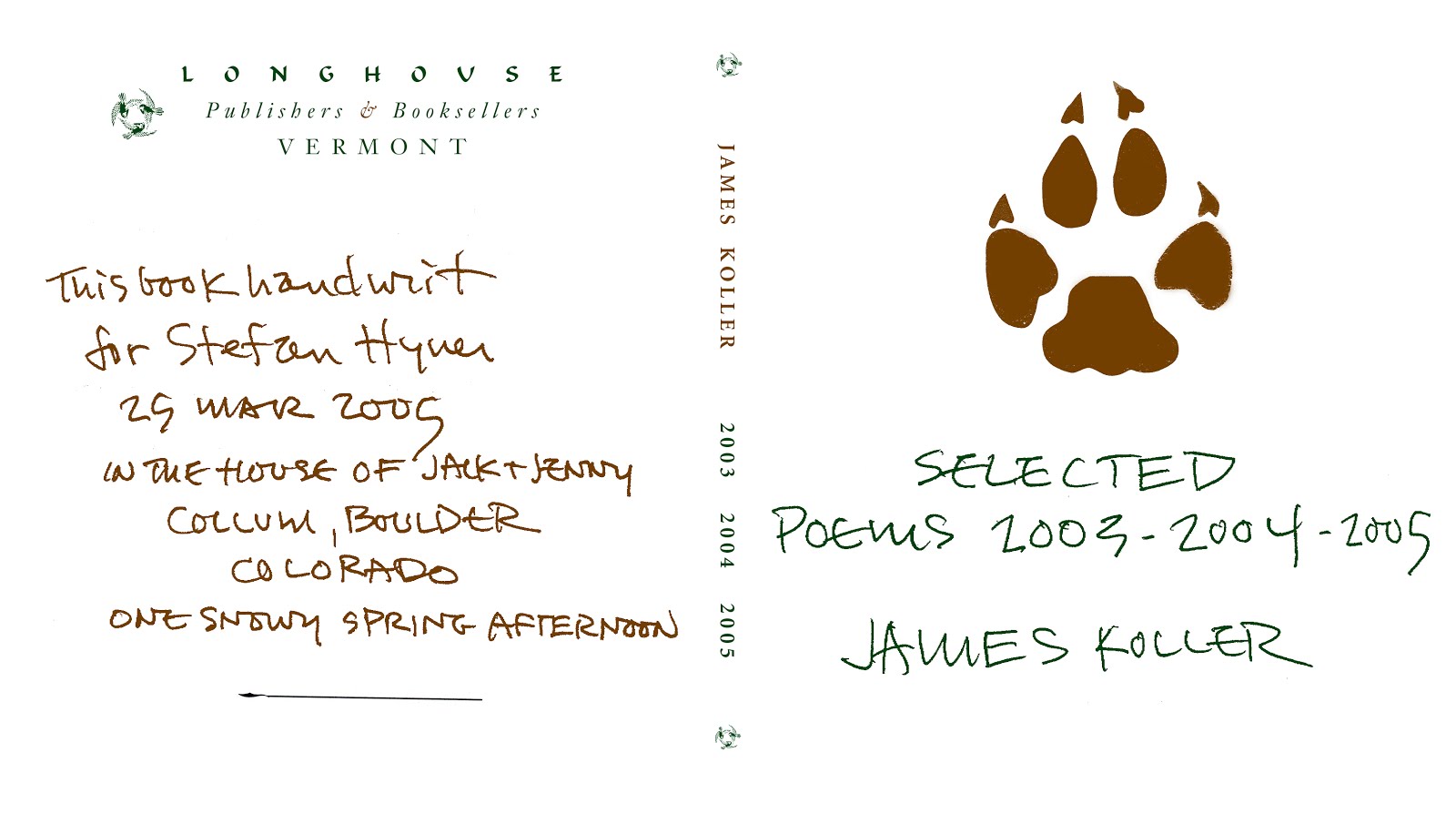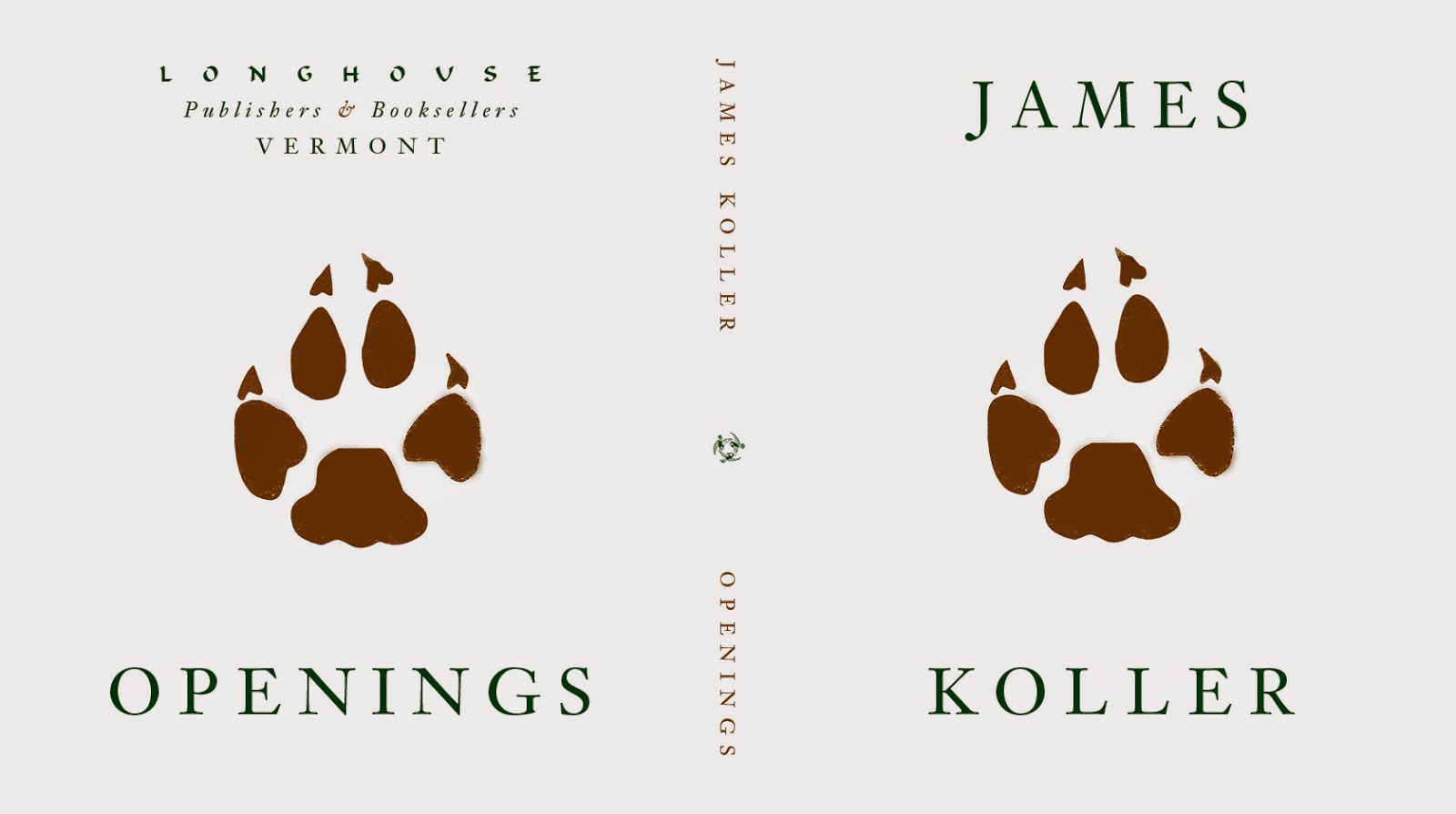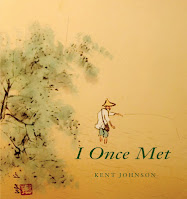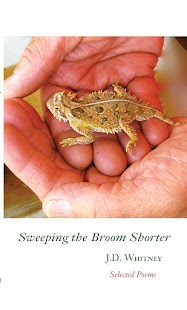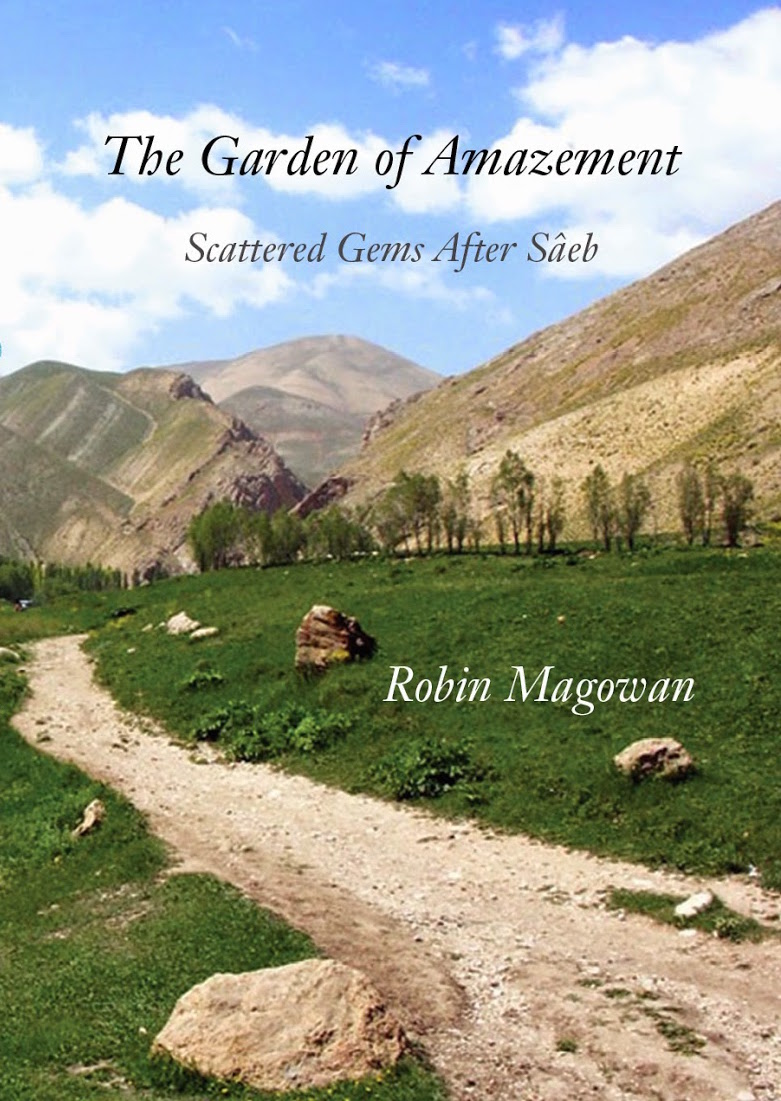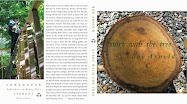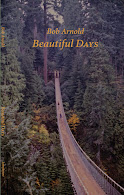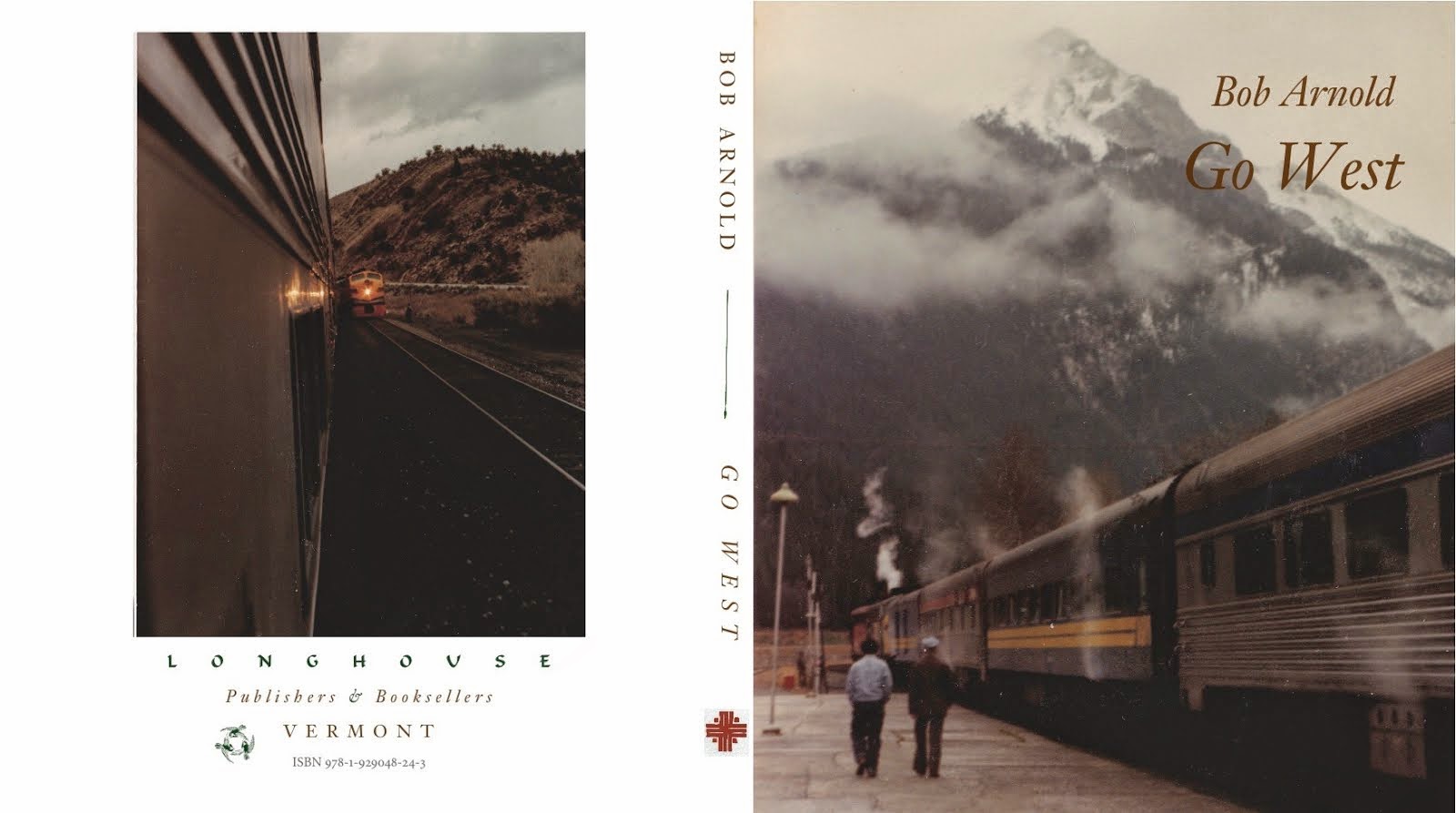
"The business of book publishing is done mainly in restaurants, at lunch and occasionally at dinner. Staff meetings are held, calls are made, and paperwork is shuffled in the office. Lunch and dinner reservations are made there, but the real work is performed with knife and fork."
So says the esteemed book publisher, editor and raconteur Jason Epstein in his new book Eating. This is a memoir of loving book culture and the food that comes with it. The publishing life has made this book-making-genie and home-style chef a charming memoir of recipes, book remembrances and an overall wholesome attention at being alive. We should stop taking this for granted. The fruits. Few books get written this small and this well any longer, and the reading only gets better as you read.
Once upon a time, I guess, Jack Kerouac was wined and dined first by Robert Giroux, but that didn't last, and things improved somewhat for him with Malcolm Cowley at Viking where On the Road and The Dharma Bums were published. Those were the days, my friends. A raw classic formed in the bowels of Manhattan by writer & editor with heads together. I bet it was less knife and fork and fancy prices and reservations and portly calories added on, and more "Just get us the book Jack, in whatever form you have it in." Like the best of books of poems hatched on a brainstorm idea over the scratched hood of a truck or on a Brooklyn stairway stoop; nothing about food, just carrying on. So one must read Epstein knowing you are walking in the shoes of glitter name literati, but it doesn't matter — making words stick is all the same. It's hard work.
I like hard work and the people who have done it and continue to do it. I admire and continue to respect many of those who worked very hard before I got here. Epstein shares a bit of what I am rummaging about in my thoughts, from a section of his book describing some of the history and real estate of Manhattan. To me he could just as well be writing about saving Hetch Hetchy Valley or farmland disappearing everywhere through our fingers. It's all of the earth and fellowship:
"In the 1950s, when I lived on the top floor of an old town house in Greenwich Village, I could still encounter on walks through my neighborhood relics of the old Bohemia: the old wood-frame house on Bedford Street where Edna Millay once lived; Patchen Place, the rickety mews where e.e. cummings rented a house and where Djuana Barnes still lived; the run-down tenement across town, on St. Mark's Place, where Lev Bronstein, who changed his name to Leon Trotsky, once kept a printing press, and where Wystan Auden and Chester Kallman now lived, amid piles of books and manuscripts, and where you had to check before you sat down that Chester, a good if messy cook, hadn't parked a pot of oxtail stew on your chair. On Hudson Street, Dylan Thomas was drinking himself to death at the White Horse, two blocks north of the modest house where Jane Jacobs wrote The Death and Life of Great American Cities...It didn't occur to to me—as I walked along these century-old streets under leafy sycamore...that we were at the end of an expiring bohemia, which was even then becoming gentrified..."
and more...
"From my flat on Tenth Street, I liked to walk a mile or so downtown to the old Washington Market, which was razed by 1973 to make way for the World Trade Center. There are still a few old-style public markets in New York's ethnic neighborhoods, where merchants hire stalls to display their meat, poultry, produce, and grocery items, and from May to October the green markets throughout the city are a blessing, but the Washington Market, beneath a vast skylit roof bounded by Fulton, Vesey, and Washington Streets, was special, for it had been established before the Revolution on land donated by Trinity Church and still conveyed a sense of those times. Here you could feel immersed in New York's living past as you wandered from booth to booth, tended by merchants with plump red faces in long white coats and straw boaters beside shambles offering racks of feathered game, fine poultry, sides of beef, whole lambs and piglets, while other stalls featured crates of eggs, tubs of yellow butter, neatly piled eggplants and cabbages and oysters on ice, one of which poisoned me so that I could not look at another for a decade."
A rich creamy wandering mind of imagination and concentration, and one we may be losing in the field of editing and publishing. In fact, I know we are — along with great over-stuffed bookshops and insatiable readers. Now all we have is Twittering twit-twits, rush conversations and screen-eyed wizards selling us toy game hardware. Not hardware like an 8- point handsaw for $15 that can last you a lifetime when taken care of; and, oh yes, it can also assist you in building a house. I'm talking about hardware that goes obsolete in a matter of a year or two. The real stuff of living is going out in the massive flush of steel mills, farms, factory jobs and neighborhoods, corner stores and hardware stores owned by folks who have lived in town for ages. With this in mind, I bless the companionship of my two woodstoves every day.
So here we have in the enriched hands of one Jason Epstein — essentially a literary inventor — how Anchor Books was created, which pretty much launched the paperback revolution. I well remember joining the Anchor Doubleday Book Club for these stylish and well built paperbacks in the 1960s and to this day own all my copies, some neat as a pin. Epstein would go on to be a co-founder of The New York Review of Books, and in 1980 he created The Library of America...followed by The Reader's Catalog. In the hallways of Random House, Jason Epstein is there with James Joyce, Bennett Cerf and many others. What he may now do with Google is a mystery. He could go foolish.
And I want to think it all started, and will end, with Epstein's vivid childhood memories from rural Maine, warmed by a wood cookstove in his grandmother Ida's kitchen. A woman from Russia who liked cold houses with warm kitchens. Think about that — cold houses with warm kitchens, what a feast of patience, understanding and endurance. Mothers, bring your intellectuals up this way! To enjoy forever the books they may still leave us, and if they've got the knack — the food they might serve.











































